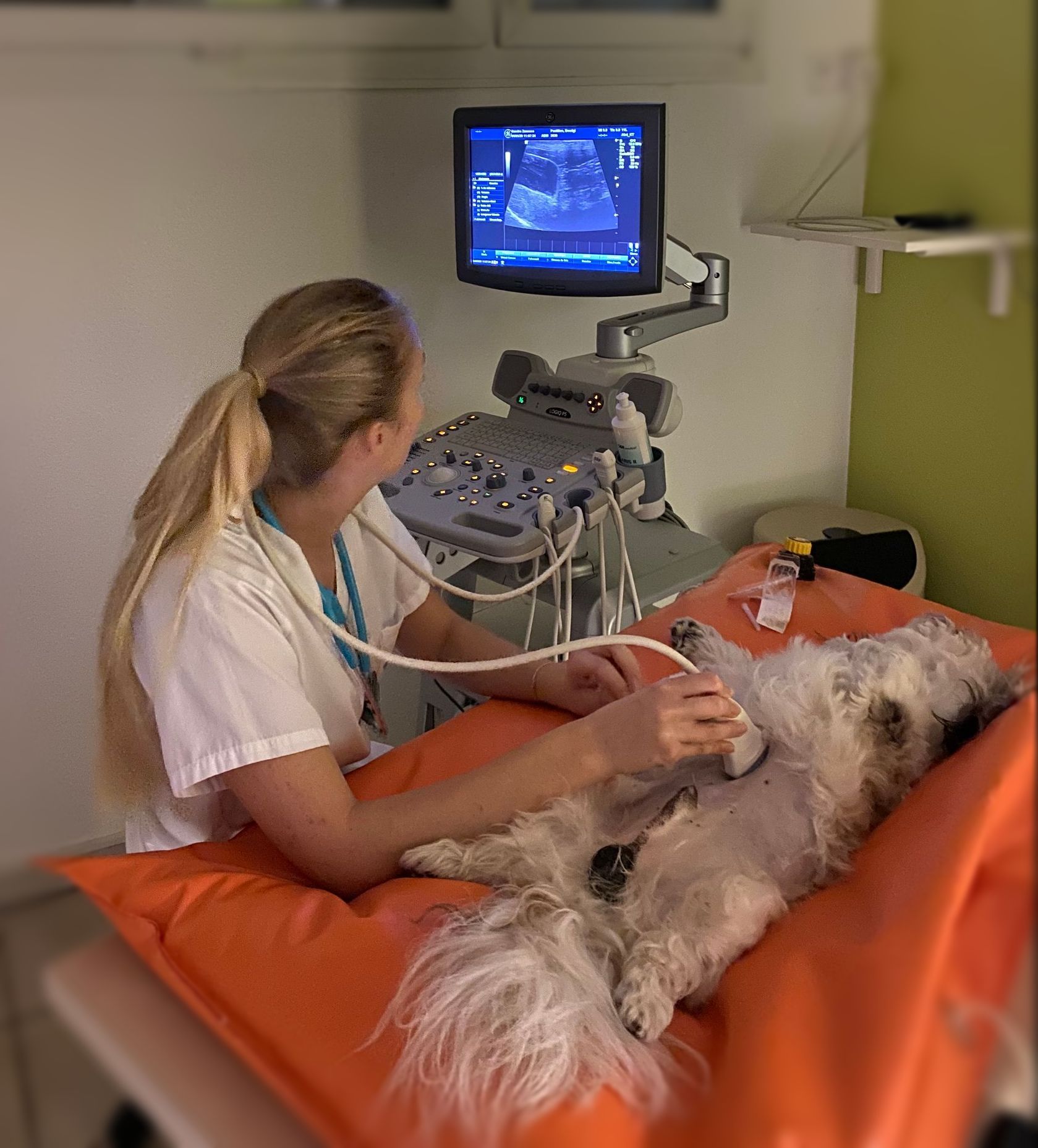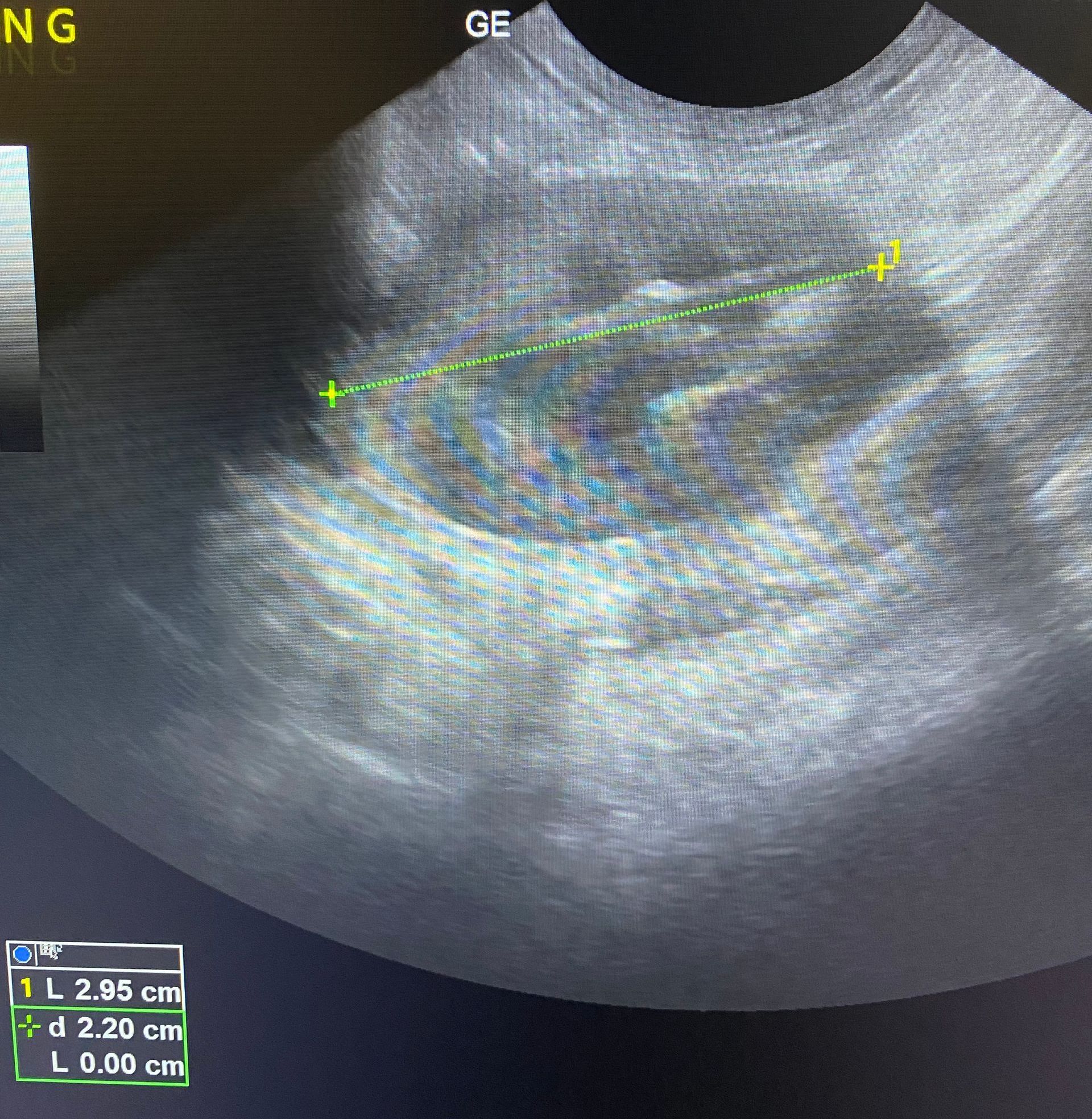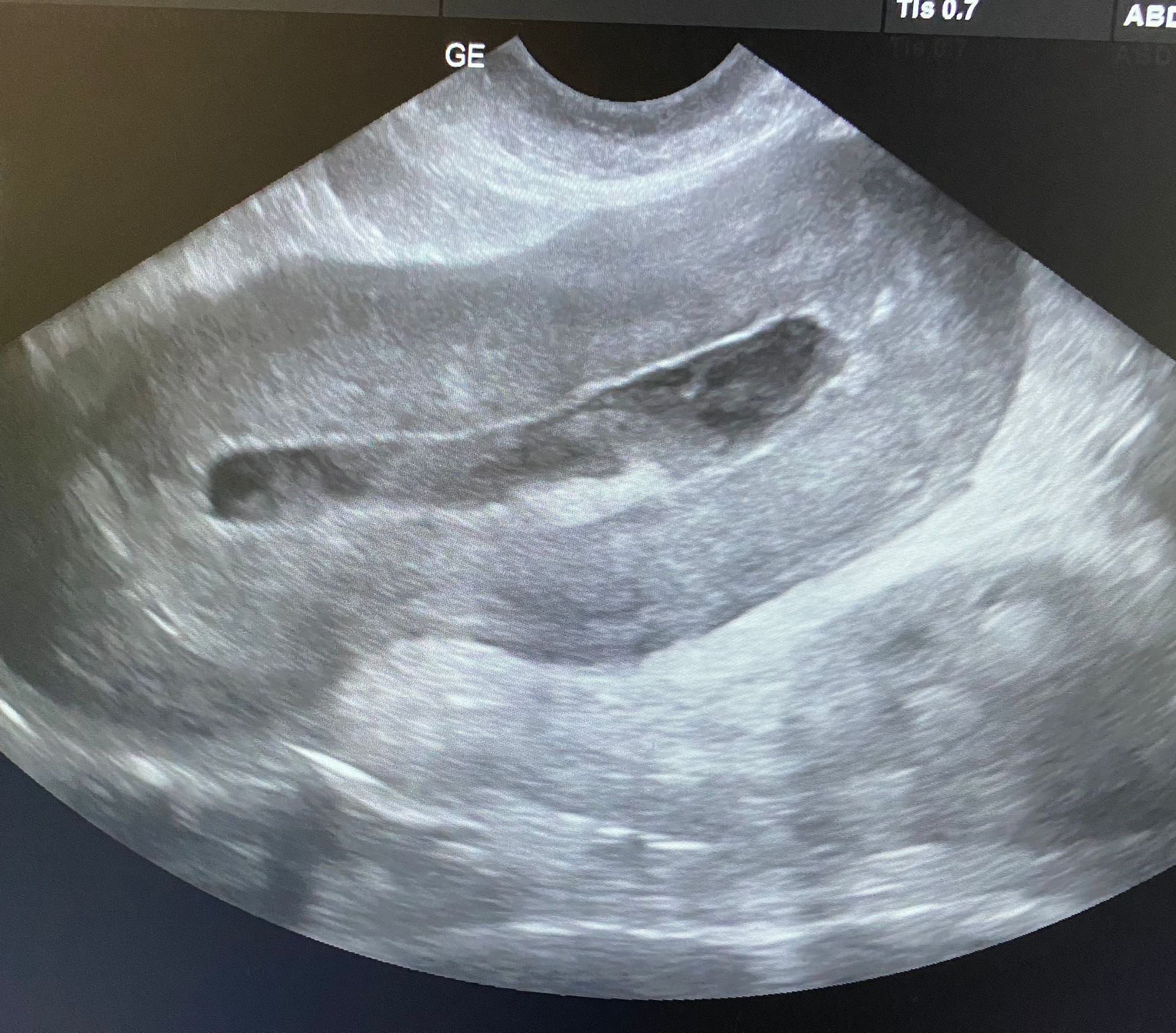Ultrasound
Our ultrasound service occupies a leading place in the range of additional examinations available. This makes it possible to visualize internal organs and detect abnormalities not visible on x-rays, most often without anesthesia. It is an examination of choice to deepen a diagnosis or evaluate the evolution of a chronic condition, (eg: in cardiac health check-ups). It is also useful in emergencies (e.g.: diagnosis of pyometra - a condition of the uterus requiring rapid surgical intervention - or after an accident to detect hemorrhage or organ rupture).

The strong points of ultrasound
The examination is painless. The examination does not require (with some exceptions) no anesthesia or hospitalization. The result is immediate. The examination has great diagnostic accuracy.

When to perform an ultrasound?
Abdominal Ultrasound Ultrasound is recommended for abdominal pain, organic dysfunction, suspicion of an abdominal mass or effusion, urinary or genital disorders or a blood test with abnormalities. Echocardiography This examination makes it possible to determine the origin of a murmur detected during a consultation. It also allows us to appreciate the repercussions on the functioning of the heart. Depending on the results of the examination, treatment is implemented or not. It differs depending on the diseases and their stages of development. For more information you can consult the cardiology page. Non-cardiac Thoracic Ultrasound It is indicated when the existence of fluid effusion or the presence of masses in the chest cavity is suspected. Ocular Ultrasound This examination allows visualization of the posterior segments of the eye. Interventional Ultrasound It allows biopsies or punctures to be carried out using ultrasound guidance (for diagnostic or therapeutic purposes: e.g. drainage of a prostatic abscess, extraction of intratissular spikelets). Tendon Ultrasound It contributes to the exploration of chronic lameness.












